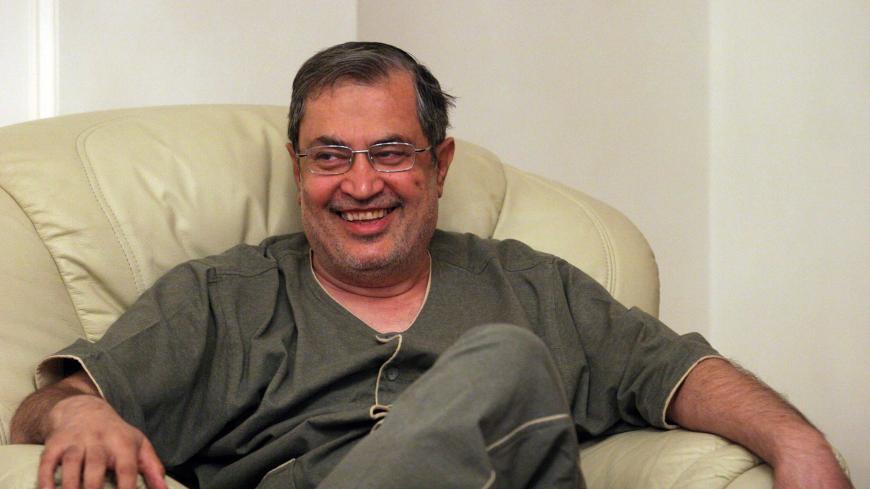Iran's next elections are to be held in 2020 and 2021, but it has already preoccupied Reformists' minds about whether to participate or boycott the ballot box as they are facing an unprecedented threat of losing their political capital.
Moderate Hassan Rouhani won the 2013 and 2017 presidential elections after forming a coalition with Reformists. As Rouhani's first term ended, he seemed committed to his supporters' ideas and was fighting to fulfill a number of his electoral promises. However, he began his second term as if he had never made a vow to push for the country to open up politically and socially. This has been costly for Rouhani. And the Reformists are also paying a steep price after having used their power and reputation to pave the way for Rouhani's victories in the past two presidential elections.



